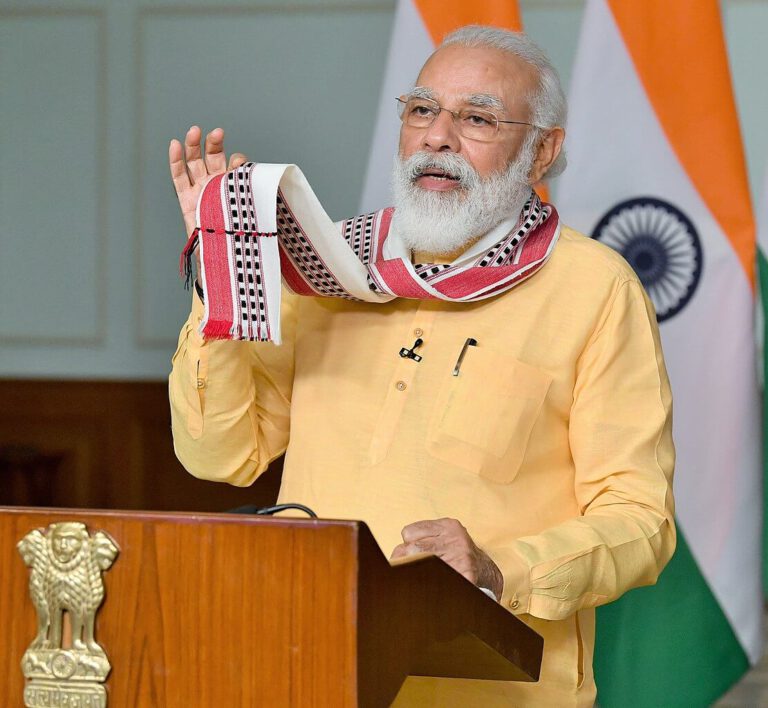Building of New Hindu Temple in Ayodhya Raises Concerns
Building cranes tower over a new Hindu temple that will be consecrated with Indian Prime Minister Narendra Modi in attendance on Monday. This event comes more than 30 years after rioters destroyed a historic mosque in Ayodhya, a holy Hindu city. Critics argue that this incident has contributed to the transformation of India from a secular democracy into a Hindu nationalist state. The consecration of the new temple, which is not yet completed, is taking place ahead of India’s general elections, with Modi expected to secure another term in office.
Construction Challenges and Controversy
During a tour of the construction site, foreign journalists observed workers entering the premises through strict security measures. The workers chanted slogans in support of Lord Ram, a revered Hindu deity. The destruction of the Babri Masjid mosque in 1992 by rioters who believed it was the birthplace of Lord Ram led to communal violence and the rise of Hindu nationalism. The BJP, led by Modi, has promised to build a temple on the site, and construction began in 2020 after the Supreme Court granted the land to Hindu litigants.
The temple, designed to inspire awe, is still under construction and is expected to take another year and a half to complete. However, the trust overseeing the project is eager to consecrate the Ram idol and has organized a ritual with the participation of Modi and 21 priests. Critics argue that the rushed ceremony is politically motivated, aimed at gaining support for the BJP in the upcoming elections.
Impact on Ayodhya Residents
The temple consecration has been turned into a national event, with thousands of dignitaries invited and a half-day holiday declared for employees. However, some residents of Ayodhya, particularly those living in slums, feel left behind by the development. While they appreciate the improvements to infrastructure, such as a refurbished railway station and a new bridge, they struggle to find stable employment. They hope that Modi will address their concerns and create job opportunities with fair wages.
Controversial Implications
Modi’s involvement in the temple consecration is seen by some as a declaration of Hindu supremacy, marking a departure from the principle of religious equality. Critics argue that the marginalization of Muslims in India is a consequence of this shift. Ayodhya’s Muslim minority residents express concerns about their safety and feel that the government wants them to leave the city. The allocation of land for the construction of a new mosque, far from the center of town, has further deepened these concerns.
As India prepares for the consecration of the new Hindu temple in Ayodhya, the event raises questions about the country’s commitment to secularism and religious equality. The completion of the temple and its implications for minority communities will continue to be closely watched.

